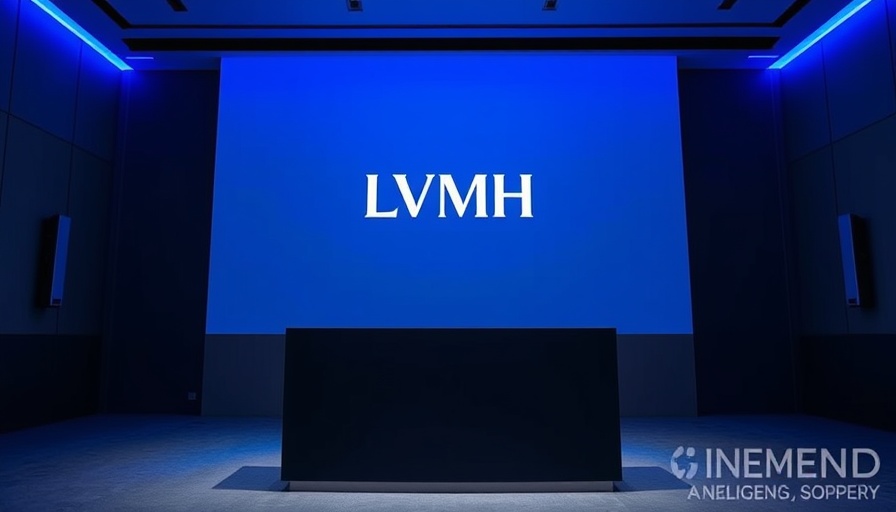
Understanding Toxic Work Cultures: A Spotlight on Moët Hennessy
In what is becoming a high-profile case, Maria Gasparovic, a whistleblower and former chief of staff at Moët Hennessy, has alleged serious claims against LVMH, the parent company of the luxury brand. Her accusations include sexual harassment, gender discrimination, and unfair dismissal after alleging that she faced harassment at work. This lawsuit has unveiled not just her personal tribulations but also highlighted a broader issue within the company regarding workplace toxicity.
The Rise of Workplace Harassment Cases
Gasparovic’s case is emblematic of a troubling trend that has plagued workplaces globally, particularly in high-stakes industries like luxury goods. In recent years, a spotlight has been shone on how companies manage sexual harassment claims and support their employees. The #MeToo movement has paved the way for many in gaslighting cultures to speak out, leading to increased awareness of workplace toxicity. In such high-pressure environments, allegations of harassment can quietly go unaddressed, resulting in a culture where only silence is rewarded.
The Ripple Effect of Reporting Toxicity
Gasparovic's situation exemplifies not just her personal fight but a collective struggle faced by many employees in similar environments. Reports suggest that other employees, including men, have also experienced a toxic atmosphere at Moët Hennessy, with several leaving the organization due to safety concerns. This raises a critical issue: what companies often fail to understand is that tolerance for such toxicity can lead to higher turnover rates and diminished employee morale, costing them both financially and in reputation.
Counterarguments: Company Responses and Claims of Defamation
In response to Gasparovic's lawsuit, LVMH has filed a counter-suit for defamation. This action reflects a common dynamic seen in corporate worlds: when an employee speaks out, companies can resort to legal means to protect brand reputation. However, this tactic may only serve to reinforce the power dynamics that discourage employees from speaking out. The reaction often reveals a company's underlying fear of exposure rather than a commitment to addressing the legitimate concerns of their workforce.
Future Predictions: Changes in Workplace Policies
The revelations surrounding this lawsuit are likely to prompt other organizations, especially in luxury and high-profile sectors, to reevaluate their workplace cultures. As public awareness increases, companies may find themselves pressured to adopt more stringent policies against harassment to improve workplace conditions. Change doesn’t happen overnight, but organizations that prioritize employee safety and create welcoming environments could see a future with lower attrition rates and enhanced employee satisfaction.
Actionable Insights for Employees
For employees who find themselves in toxic work cultures, it’s crucial to understand your rights and available resources. Documenting incidents, seeking HR support, or connecting with external support organizations can help in addressing serious concerns. Educating yourself on the company's policies regarding harassment and discrimination is also essential. If you feel unsafe, it may be in your best interest to consult with a legal professional for guidance on how to proceed.
The Impact on Mental Health and Productivity
Workplace toxicity is not just a legal issue; it deeply affects mental health. Chronic stress associated with harassment can lead to burnout, anxiety, and depression, ultimately hindering productivity. Companies have a responsibility to cultivate environments where mental health is prioritized. Supported employees are typically more engaged and motivated, leading to better performance and office harmony.
Conclusion: The Call for Accountability
The case against Moët Hennessy shines a necessary light on workplace toxicity and the cultural changes needed in corporate environments. As employees seek accountability for their claims, organizations must answer the clarion call for safety, respect, and equity in the workplace. If you or someone you know is facing a similar situation, consider speaking out or seeking support. The fight against toxicity is ongoing, but together we can push for healthier work environments.
 Add Row
Add Row  Add
Add 




 Add Row
Add Row  Add
Add 

Write A Comment